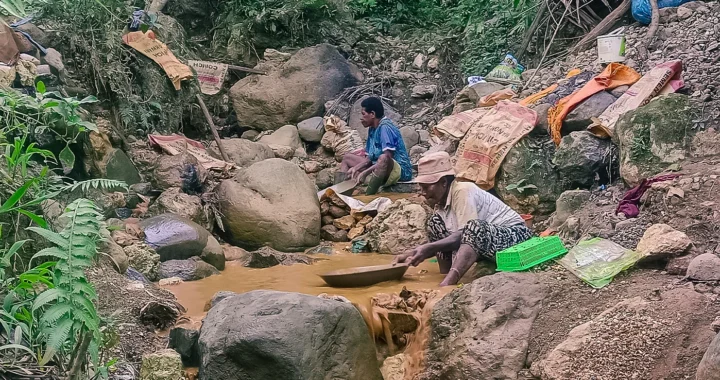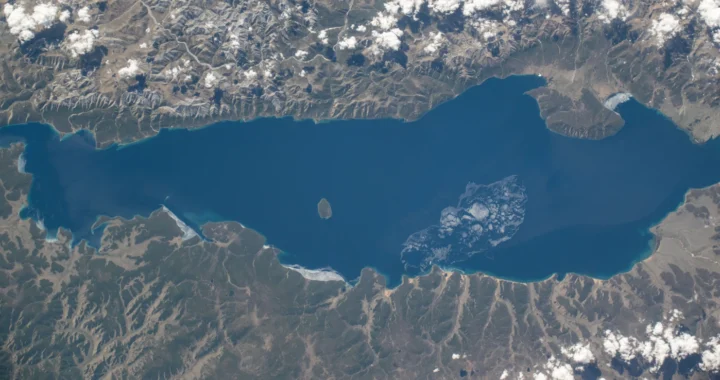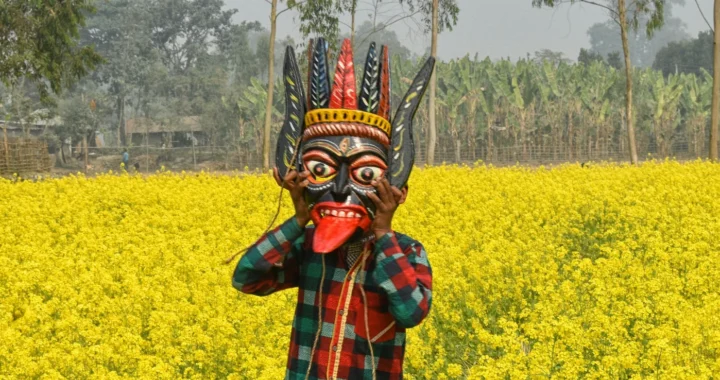Improving Cassava Productivity and Quality in Tanzania

Photo: Daniel Dan on Unsplash.
The agriculture sector highly depends on the climate and global economy to thrive. As the weather becomes hard to predict and the economy fluctuates, keeping the sector and people in it afloat gets tougher. In Tanzania, efforts are being implemented to improve cassava production and quality as one of the country’s top staple foods.
Cassava in Tanzania
Cassava is Tanzania’s third most important staple food crop after maize and rice. The production involves 1.9 million stakeholders across the value chain, with smallholder farmers making up most of the agricultural workforce. On average, the annual yield can reach between 3.5 and 8.5 tons per hectare.
Despite its commercial potential, the crop’s productivity is hindered by many factors, such as lack of technological development, pests and diseases, unpredictable rain due to climate change, and lack of investment and market information among stakeholders. The market is still largely untapped and uncoordinated, which prevents efforts to strengthen food security and improve income generation.
Initiatives and Frameworks
Cassava’s potential for improving the overall livelihood in Tanzania has prompted support from governments and organizations through various initiatives and frameworks.
For instance, Tanzania’s Ministry of Agriculture published the National Cassava Development Strategy 2020 – 2030, detailing strategic interventions to increase cassava production and quality. The strategy aligns with the country’s agriculture policy and development programs to transform the sector. With this strategy, the government plans to double crop productivity from 8 tons per hectare to 16 tons per hectare and intensify production with minimal land expansion, among other goals.
Another example is the research and development of 26 new high-yielding cassava seed varieties by the Tanzania Agricultural Research Institute (TARI). Nine of them have been highly utilized by farmers due to their ability to produce cassava with good taste, high quantity, and resistance to diseases. Furthermore, workshops and forums led by the government are also held to assess growth and facilitate conversations between stakeholders.
Supporting Strong and Sustainable Agriculture
Agriculture is an essential pillar of a nation’s economy and welfare. It generates income for farmers and other key players in the sector and acts as the backbone of a country’s food security.
However, the sector is also highly vulnerable to global economic and climate changes. This underscores the urgent need to prioritize efforts and mechanisms to improve agriculture’s resilience against shocks and crises. In this case, collaboration between governments, businesses, and civil society is essential to create pathways and innovation for a strong and sustainable agriculture sector.
Editor: Nazalea Kusuma

Strengthen your personal and professional development with GNA Subscription.
If you find this content useful, please consider subscribing to Green Network Asia for digital access to interdisciplinary and cross-sectoral insights on sustainability-related issues and sustainable development across the Asia Pacific and beyond.
Select Your Subscription Plan
Kresentia Madina
Madina is the Assistant Manager for Digital Publications at Green Network Asia. She graduated from Universitas Indonesia with a bachelor's degree in English Literature. She has three years of professional experience working on GNA international digital publications, programs, and partnerships particularly on social and cultural issues.


 Sponge Cities, China’s Nature-based Solutions for Urban Water Management
Sponge Cities, China’s Nature-based Solutions for Urban Water Management  Whale Carbon Diplomacy: Whales won’t save the climate, but they could rescue ASEAN’s soft power
Whale Carbon Diplomacy: Whales won’t save the climate, but they could rescue ASEAN’s soft power  Gold Panning in Jayapura: Workers’ Struggle Between Landslide Risks and Economic Hardship
Gold Panning in Jayapura: Workers’ Struggle Between Landslide Risks and Economic Hardship  How the Caspian Sea Shrinks Under Climate Change Pressure
How the Caspian Sea Shrinks Under Climate Change Pressure  Training Rural Youth for Sustainable Tourism
Training Rural Youth for Sustainable Tourism  Halting the Global Bee Decline
Halting the Global Bee Decline